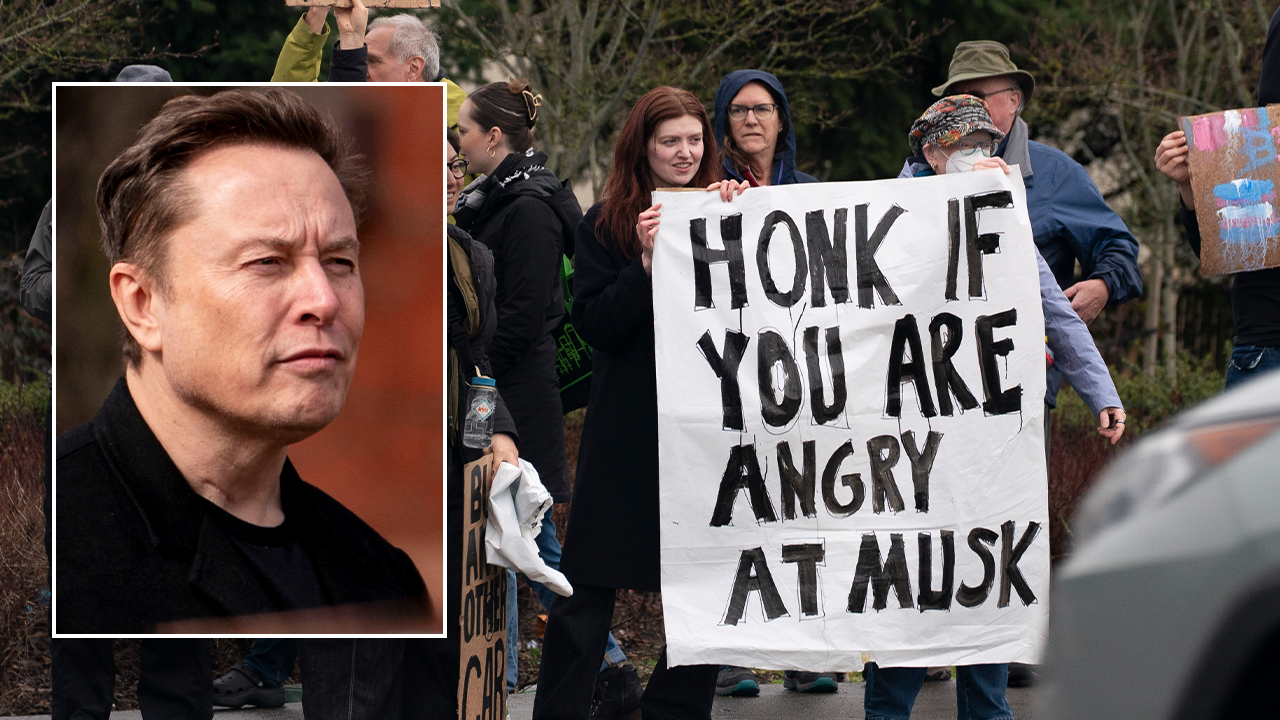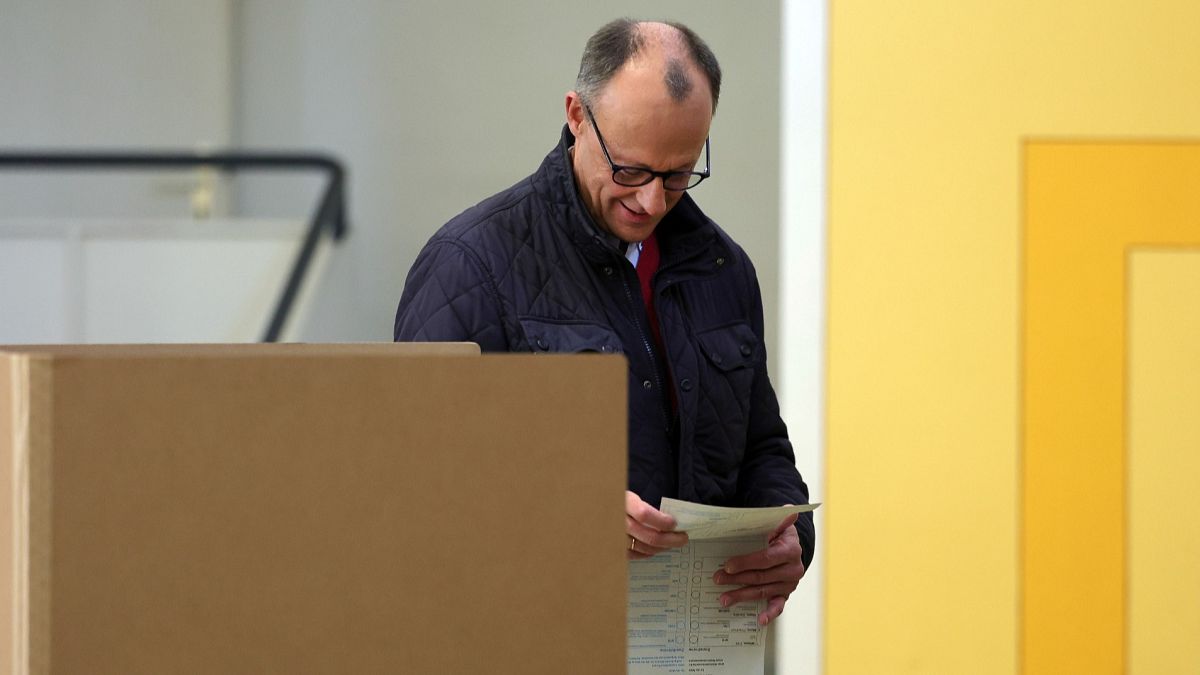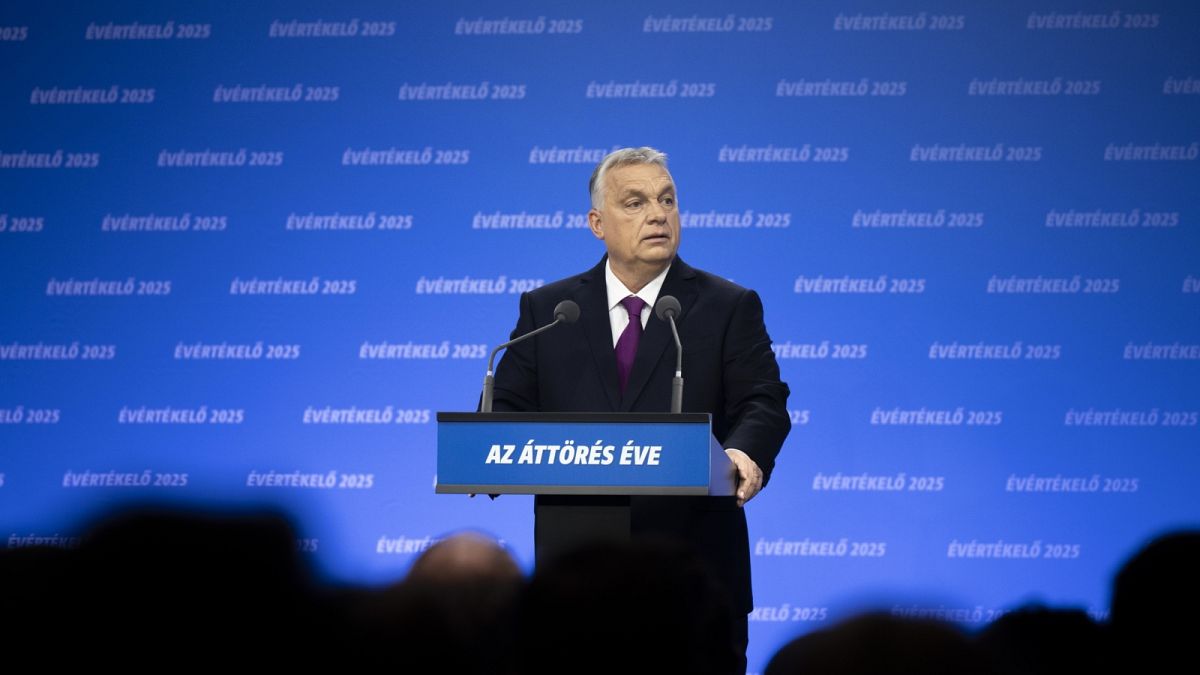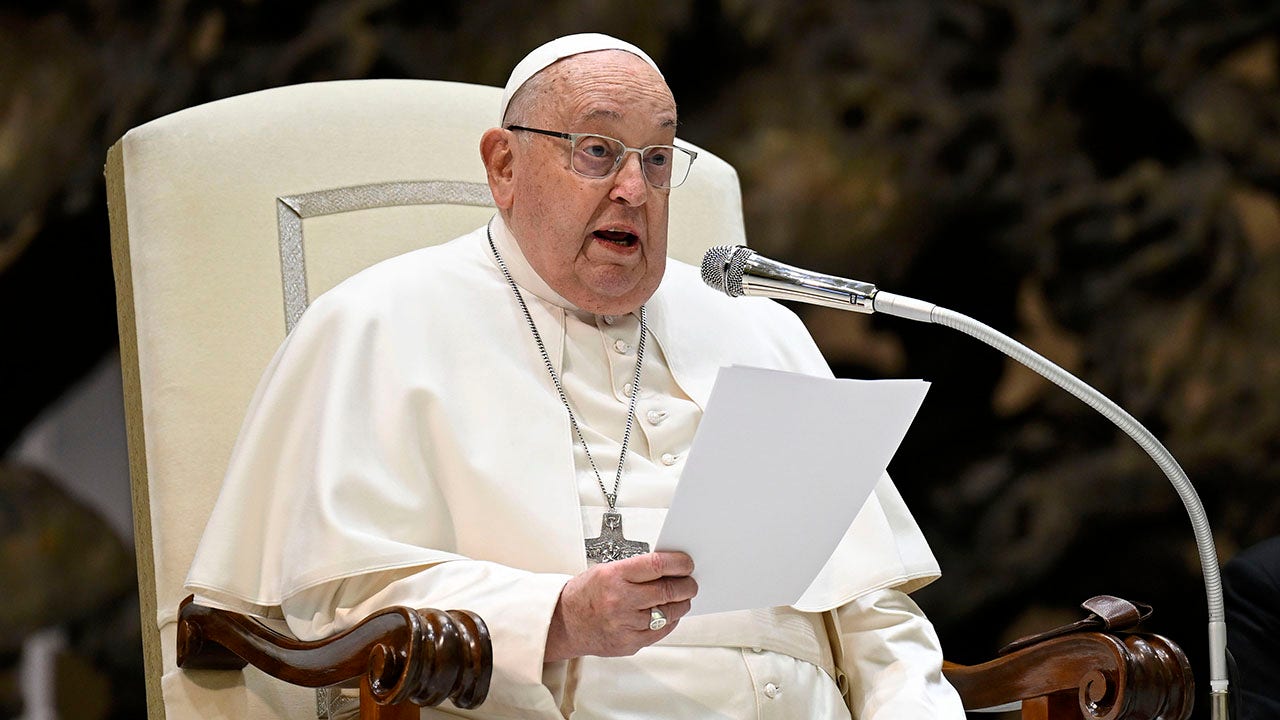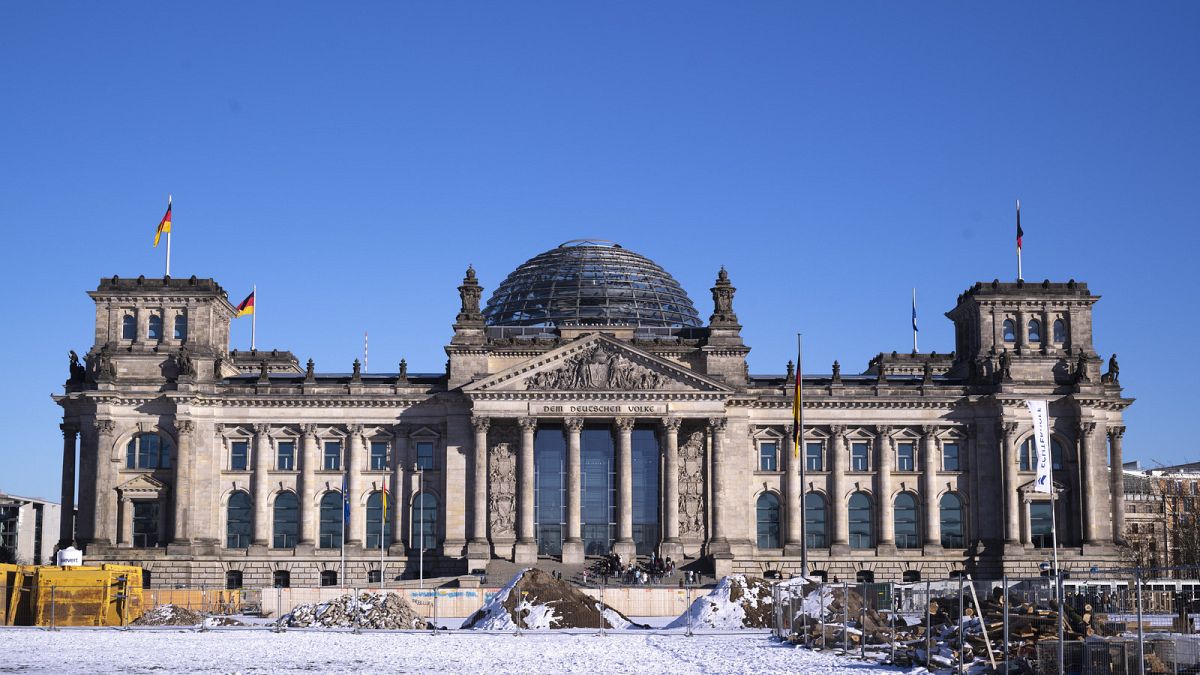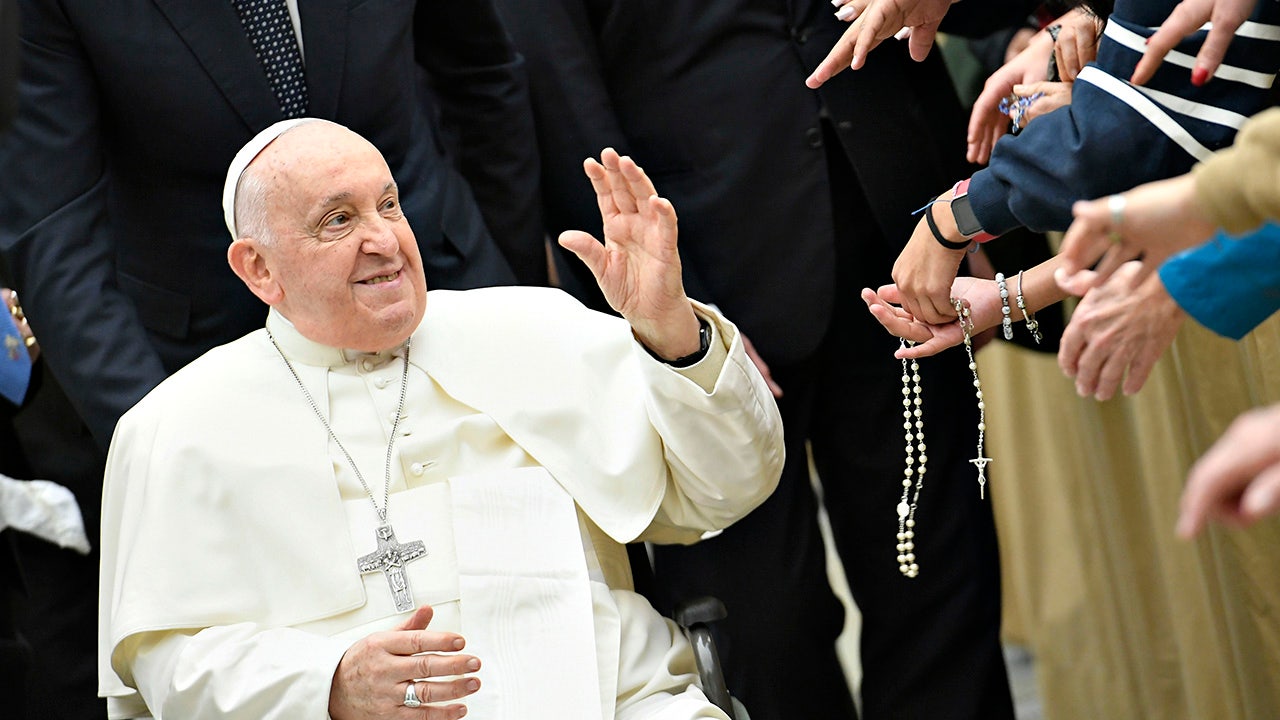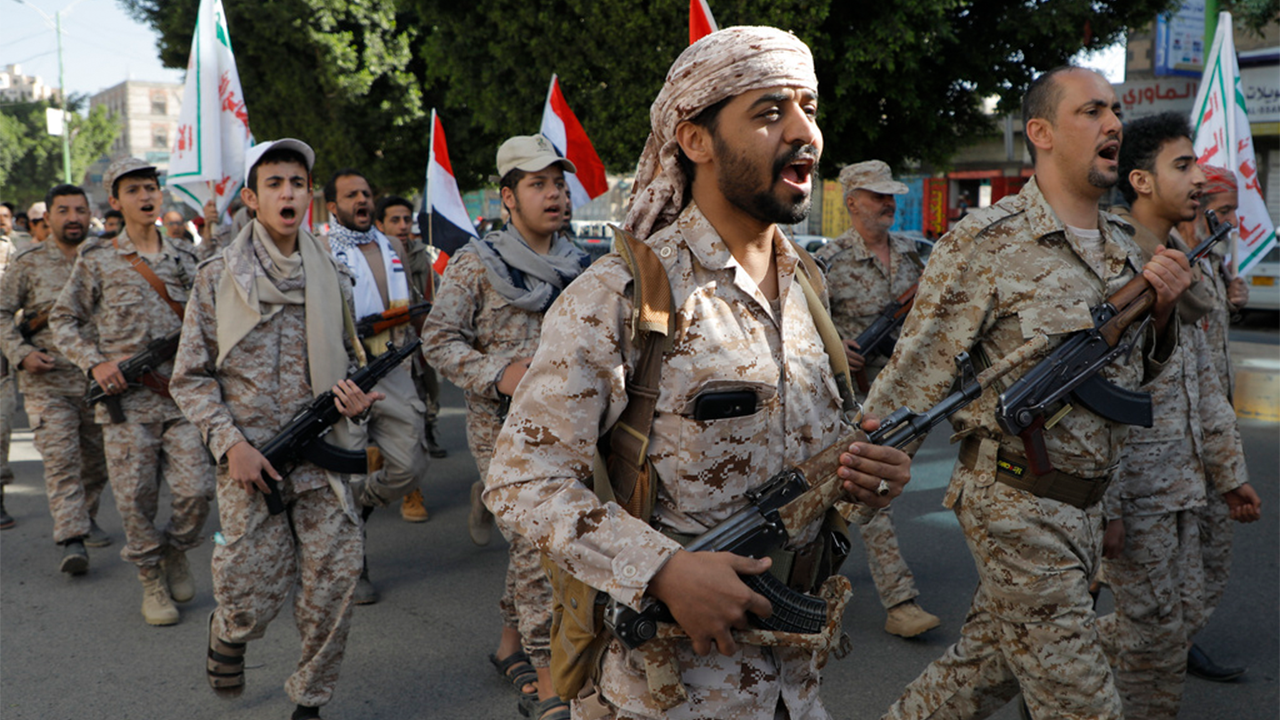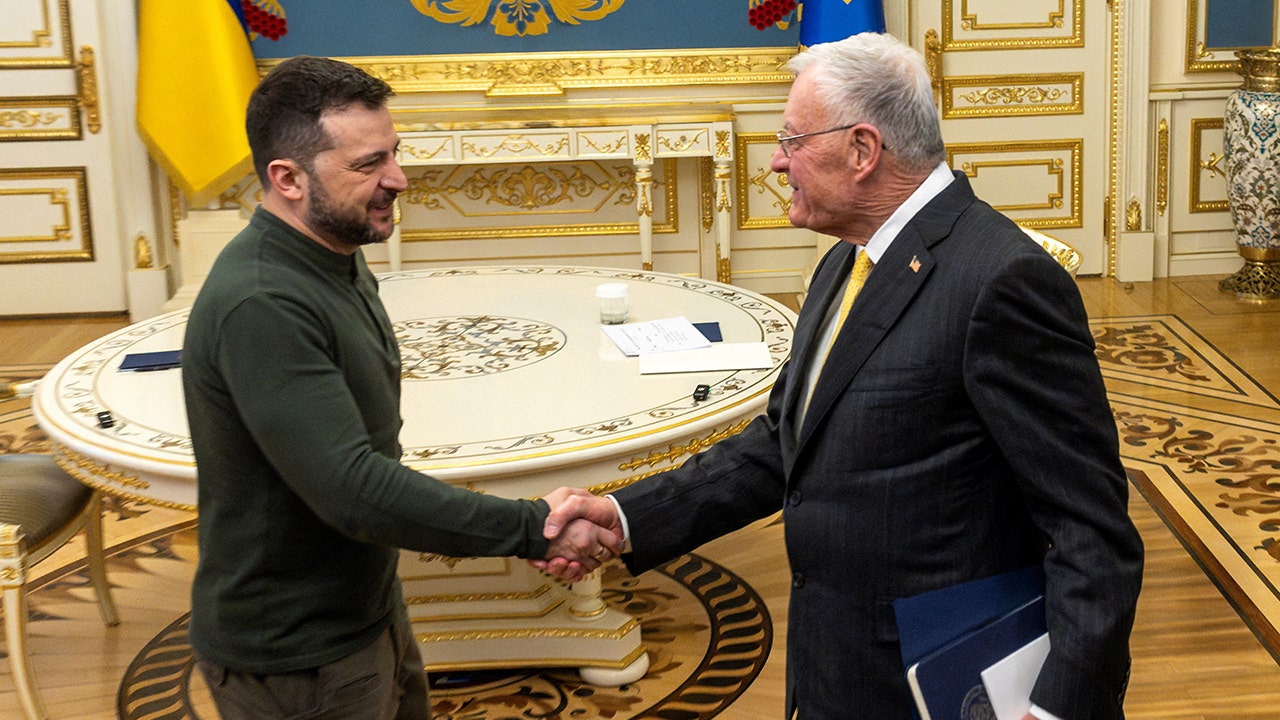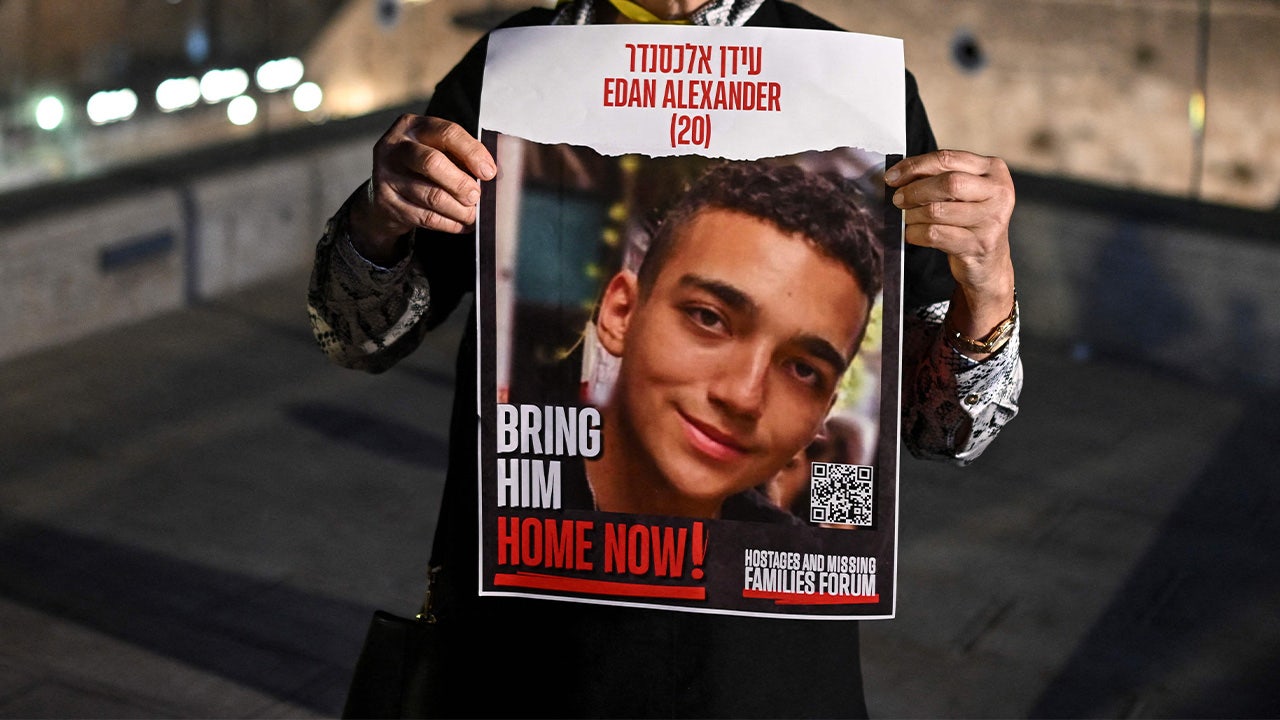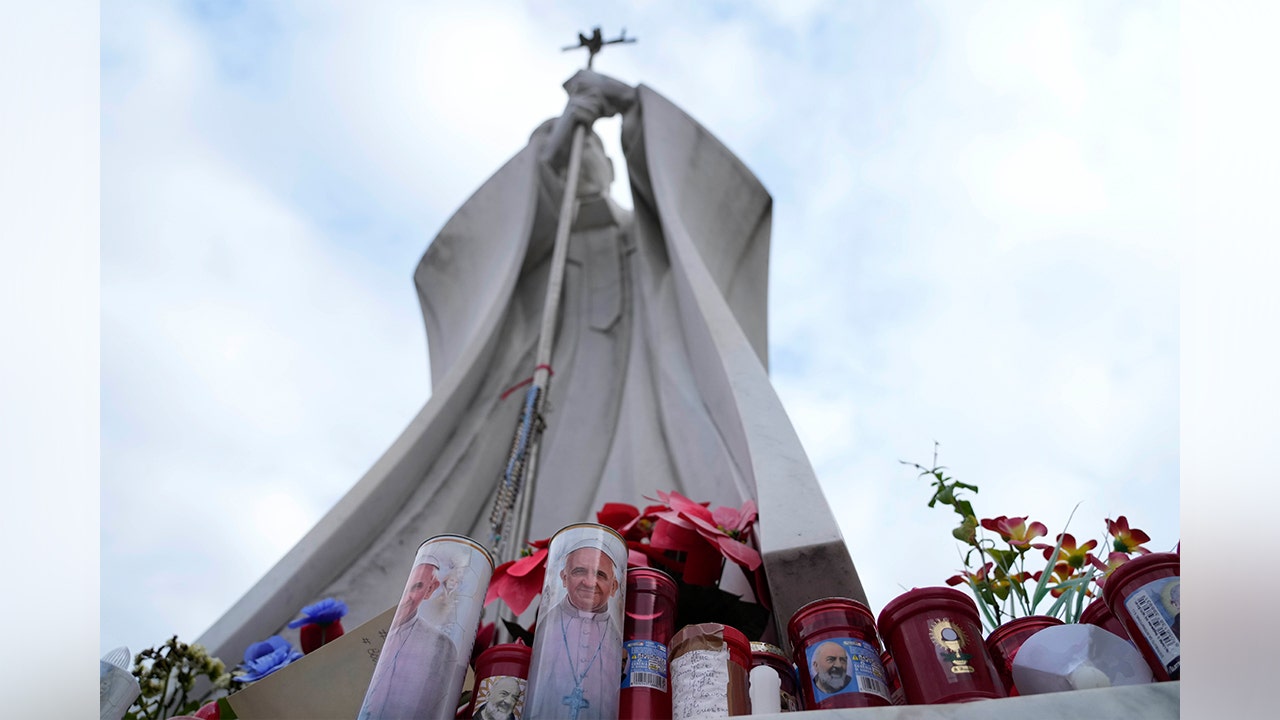Incumbent Chancellor Scholz and CDU leader Merz cast their votes in Germany’s critical election on Sunday, expected to lead to difficult coalition negotiations.
Top candidates in German federal elections have gone out to vote this Sunday, as the country faces a decisive choice regarding its future leadership.
Incumbent Chancellor Olaf Scholz cast his vote alongside his wife, Britta Ernst, in Potsdam.
Following the collapse of his governing coalition last year, the leader of the centre-left Social Democratic Party lost a confidence vote in the Bundestag, triggering snap elections.
Scholz faces stiff competition from the centre-right Christian Democratic Union (CDU) leader Friedrich Merz.
Merz, the front-runner for chancellor, voted in Arnsberg, where he shook hands with his compatriots waiting to cast ballots.
Unlike Merz and Scholz, who voted within minutes from each other in different parts of Germany, the Green party candidate Robert Habeck and far-right AfD top choice Alice Weidel had mailed in their votes before election day.
Difficult negotiations ahead
More than 59 million people in the nation of 84 million are eligible to elect the 630 members of the lower house of parliament, the Bundestag, who will take their seats under the glass dome of Berlin’s landmark Reichstag building.
Germany’s electoral system rarely produces absolute majorities, and no party looks anywhere near one this time.
Two or more parties are expected to form a coalition following potentially tricky negotiations that might take weeks or even months before the Bundestag confirms the next chancellor.
According to the most recent polls, the CDU is expected to win the election as they lead the race with a projection of about 30% support. They’re followed by the AfD, which made a dramatic comeback on the German political scene and is projected to win around 20%.
The SPD and Greens party are trailing, with Scholz projected to secure around 16% of the vote and current Vice Chancellor Habeck at around 13%.
Transatlantic relations became a major point of focus
US President Donald Trump and his actions since he took office one month ago have been a significant point of focus this election as his controversial foreign policy threatens to alienate Europe from the global stage and break down the rules-based international system.
Germany plays a major role in shaping the European Union’s response to the threat across the Atlantic, and German voters want to ensure their country and continental security and status are not diminished.
“We need a strong European Union. Otherwise, we will not be able to cope with many new powers in a world of so many billions of people,” said Scholz at his final campaign rally.
The German leader, whose governing coalition collapsed leading to this snap election, says the most challenging issue facing Germany in the coming weeks and months is the relationship with the US, particularly in the area of trade.
Over the past month, Trump has threatened or implemented tariffs on several countries. He recently also implemented a “reciprocal tariff” policy, which would see Washington impose equal tariffs on all countries — allies and adversaries alike — who have any form of tax on US products.
Trump’s threats have extended to the EU. He argues that Washington and Brussels’ relationship is “completely unfair,” with the EU importing fewer products from the US than it exports.
In response, Scholz has said that any tariffs imposed on Germany would result in countermeasures that would equally inflict economic pain on the US.
Meanwhile, speaking to supporters in Munich, Merz said this would be the most attention-getting election in Germany’s history.
“There will be so many journalists from all over the world in Berlin like never before. This federal election will attract a lot of attention like never before. Because the world might ask more intensely outside of Europe and especially within Europe: What will Germany do,” Merz said.
Due to recent geopolitical developments, Merz says the German elections have enjoyed prominence and are expected to feature high voter turnouts. To assure voters, he pledged to deliver a “clear government relationship” and a political change.
The CDU leader also noted that if he’s elected, he’ll make restoring Germany’s status on the world stage a priority.
“I am expecting a change of government. That the world takes us seriously again. And that we have clear security and clear justice and therefore we don’t have to move to the right,” Merz concluded.
Protests on all sides
On the eve of the vote, demonstrations took place in several German cities.
Thousands of protesters took to the streets of Erfurt to demonstrate against a shift to the right in German society. Police say some 4,000 people responded to the call of the “Auf die Plätze Erfurt” (“On your marks, Erfurt”) alliance.
Protesters marched through the city centre to Domplatz, where AfD Thuringia was holding its own final election campaign event. Police say around 1,100 people gathered for the AfD rally.
The alliance has been organising protests against the far right in Erfurt for several years. The State Office for the Protection of the Constitution classifies and monitors the Thuringian AfD as a proven right-wing extremist organisation.
On Saturday, around 150 far-right demonstrators held a protest in Berlin, the capital. They demanded an end to the country’s current immigration policy.
They were confronted several times by leftist counter-protesters, who blocked the marching route wherever they could.
A large contingent of police kept the two opposing sides from clashing with each other.
For AfD, polls suggest this could be the strongest showing for a far-right party since World War II.
The election comes amid concerns over Germany’s economic stagnation, migration pressures and uncertainty surrounding Ukraine and Europe’s transatlantic alliance.
As the continent’s largest economy, a leading member of NATO and the most populous EU nation, Germany’s leadership is expected to find a way to address increasingly tense global challenges.
Read the full article here



